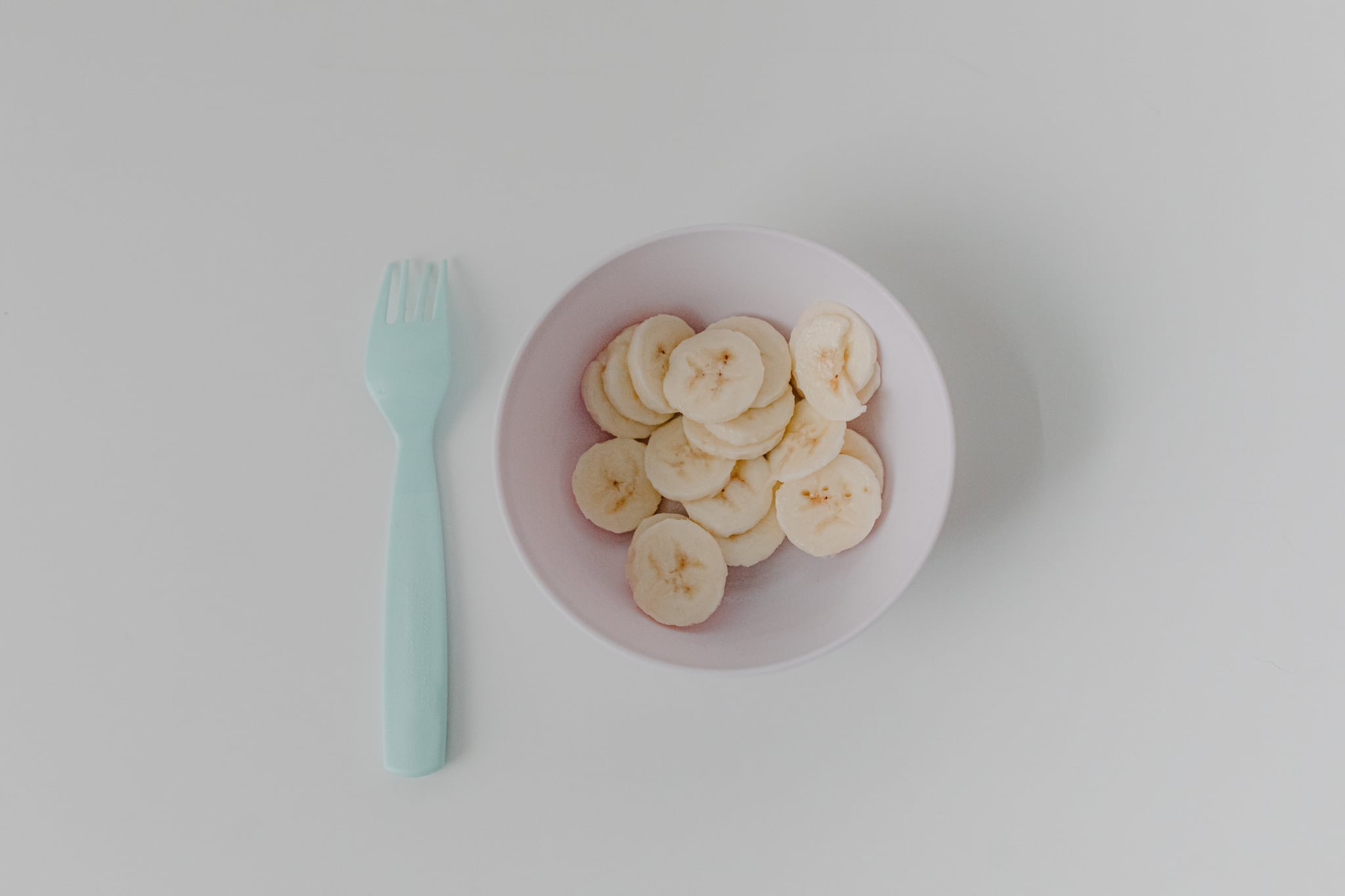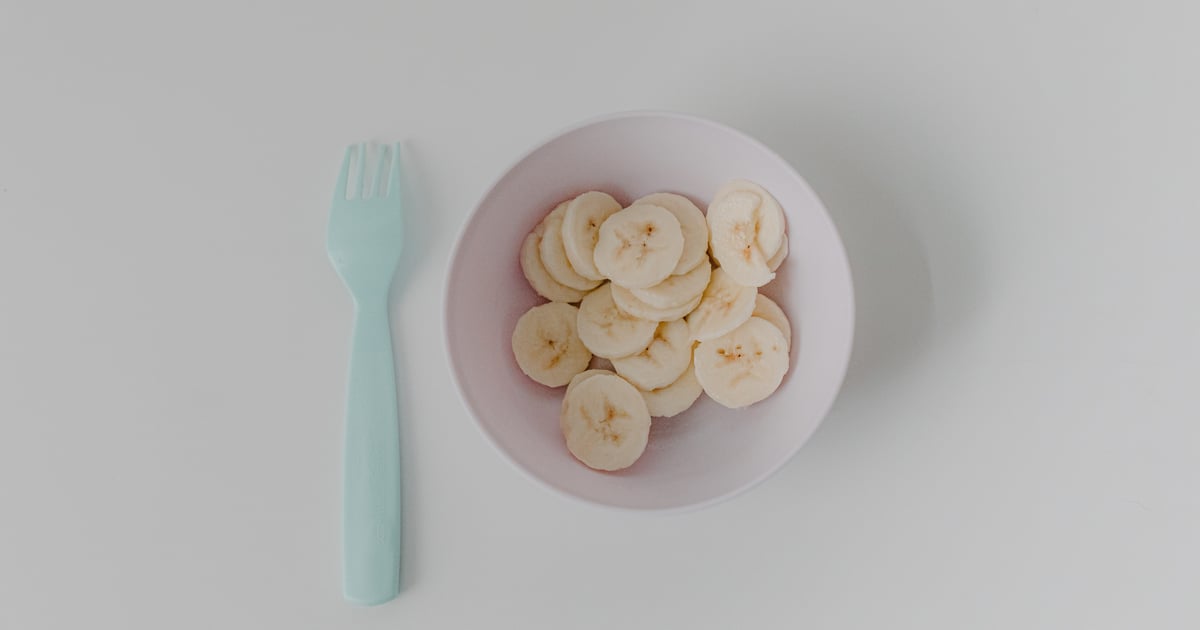Products You May Like

There’s so much to love about bananas. They’re delicious on their own, but they’re also incredibly versatile ingredients, whether you’re eating them sliced over oatmeal or yogurt, or you’re baking them into muffins and breads. You can even use banana peel to make pulled pork! Bananas are also nutritious, offering up potassium, calcium, manganese, magnesium, iron, folate, niacin, riboflavin, and B6, says Bonnie Taub-Dix, RDN, the author of “Read It Before You Eat It: Taking You From Label to Table.”
But every so often, bananas start to become the target of criticisms by people warning that they’re high in carbs and sugar — like, too high. And that might make you wonder whether bananas are actually good for you, or should be considered more of a treat.
How Many Carbs Are in a Banana?
There are about 27 grams of carbs in a medium banana, says nutrition consultant and personal trainer Alix Turoff, RD. Those carbs break down into glucose, or sugar, in the body, she adds.
The S-word (sugar) can get demonized these days, but that glucose doubles as fuel for the body, which is a good thing.
In fact, the carb count makes bananas a really excellent pre- or post-workout snack, because they help the body replenish its energy stores. They also help the body top up on potassium, an electrolyte that you lose via sweat.
What’s more, one banana contains around three grams of fiber, meaning the fruit is considered a high-fiber snack, functional medicine clinical nutritionist Pooja Mahtani, PharmD, MS, previously told POPSUGAR. The fiber content helps keep you regular (in the bathroom) and is filling as well.
The fiber content also puts bananas’ net carb count at 24 grams. (Net carbohydrates, calculated by taking the amount of total carbs and subtracting dietary fiber, are said to be a more accurate way of determining how carbs will affect your blood sugar levels.)
Speaking of blood sugar, that is a consideration when it comes to carbs in bananas. Bananas have a low glycemic index, which is a measure of how quickly a food increases blood glucose levels, according to the Harvard TH Chan School of Public Health. But if you’re monitoring your blood sugar — if you have type 1, type 2, or gestational diabetes, for instance — it’s still important to pair bananas with a healthy fat or protein source, such as a nut butter, yogurt, or cottage cheese. This will help your body process the carbs to prevent a sharp blood glucose spike.
Should You Be Concerned About the Carbs in Bananas?
Ultimately, as with most things, the name of the game when it comes to bananas is moderation. You shouldn’t live off nothing but bananas, but incorporating more fruits and vegetables into your diet is rarely a bad move. There’s nothing about the fruit — or really any food — that makes it inherently “bad.” And carbs are an essential, healthy macronutrient that your body needs. So unless your doctor has asked you to limit your banana intake for a specific reason (like an issue with blood sugar), there’s likely no reason to be concerned about the carbs in bananas.
— Additional reporting by Mirel Zaman
